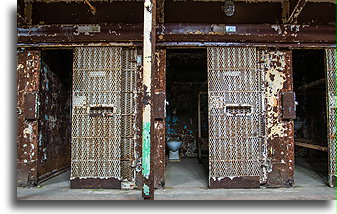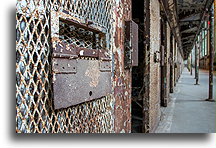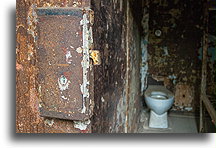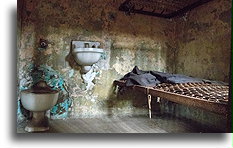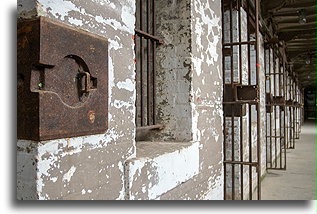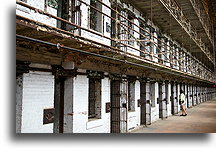Day in Ohio
July 30
We have traveled in the USA many times before. Time has come for another American trip. The Jeep we call Balios is a valuable asset in the era of coronavirus. We do not have to stay in motels on the way. It is safest to rely on our own accommodation, which is our rooftop tent. To be safe, we generally want to avoid restaurants. We got used to such journeys during our previous expeditions to Mexico and Central America. It will be interesting to see if this way of sightseeing is interesting enough when traveling only in the United States.
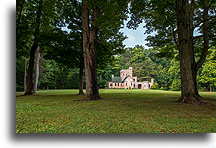
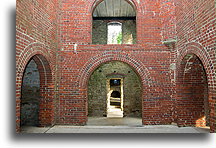
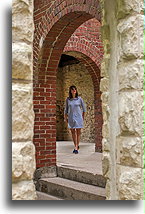
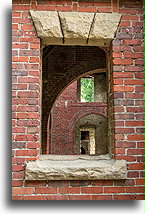
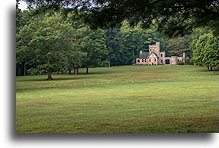
After a several hours of driving overnight, we were in Ohio. We hoped to see some interesting places around Cleveland. Our first day of this road trip started at the Squire's Castle. A small structure in the Romanesque Revival style resembles a castle from England. Its construction completed in the end of 19th century. It was originally, a gatekeeper's house. Only a shell of the building has survived to this day.
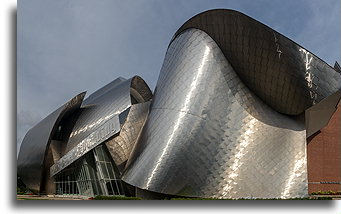
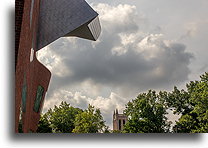
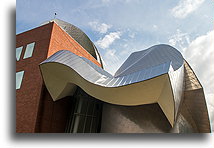
We drove to nearby Cleveland, only to see an iconic building designed by Frank Gehry. The Peter B. Lewis Building in the Case Western Reserve University campus is a classic Gehry. With a brick base surrounded by steel ribbons, it could be a large sculpture. At first glance, it is hard to believe that this is actually a functional building. What we liked most about this design are the curved glass windows that fit perfectly into the wavy walls.
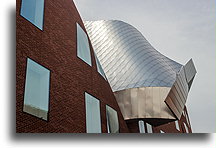
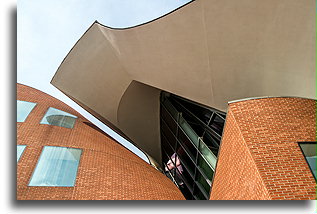
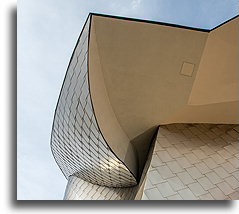

Leaving Cleveland, we drove through the Cultural Gardens, which reflect the multicultural image of America. There are 33 gardens here dedicated to various cultural and national groups. Each garden is different, but many of them depict poets, philosophers, composers, or scientists. This is to reflect the pride of each nation. We stopped at the Polish Garden to see the bust statues of Frédéric Chopin and Marie Curie.
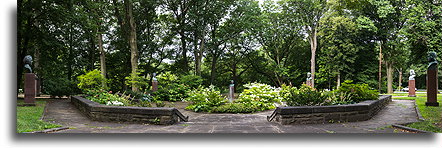
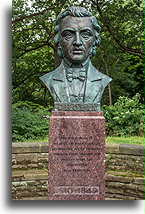
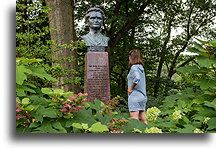
Ohio State Reformatory was another place we wanted to see. The facility has been used as a location for many film and TV productions, but the most interesting is its architecture. It is a mixture of Gothic Revival, Romanesque Revival, and Victorian styles. The frontage of this prison has castle-like appearance.
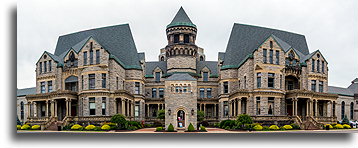
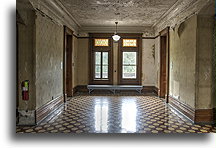
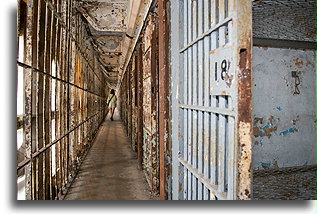
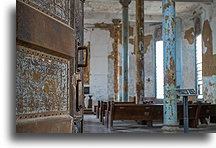
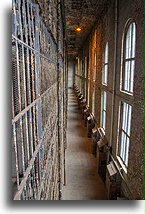
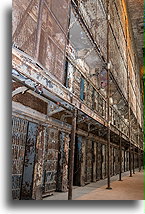
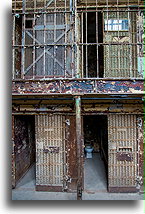
Reformatory was operational for over a hundred years. Over time, the lack of funds led to the decline of this facility. Cells where two prisoners lived were originally intended for only one. In December 1990, Ohio State Reformatory was closed by a federal court order. It was the result of a class action lawsuit by prisoners, citing overcrowding and inhumane conditions.
